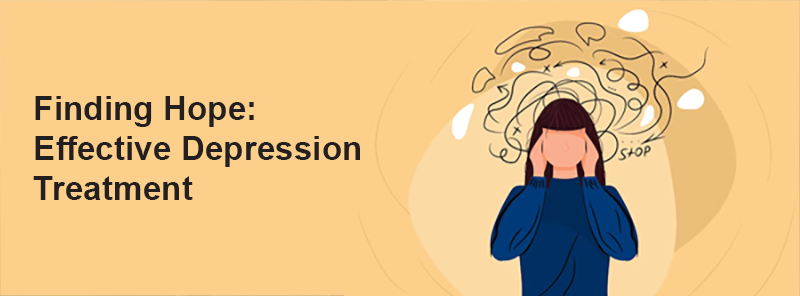A study in the British journal of psychiatry examined the viability of “BEFRIENDING” as a tool in the treatment of emotional distress and depressive systems. As defined – ‘A treatment for depression or emotional distress that was non-judgemental mutual and purposeful’.
Depression as not like a disease but to think of depression as your partner, your friend, mostly your partner in crime. Would let you to get to know this friend because this friend can teach you a lot about yourself.
Normally people want to get rid and try to push away and start hating it. instead befriending helps you sit with it and understand reasons for being depressed. Befriending is more likely having an imaginary friend who you could ask questions, doubts, throw tantrums upon. The best part is when you talk to this friend answers, reasons for being depressed is easily understood.
Understanding depression by yourself:

- First, lets see close your eyes take deep breaths. Relax and start to imagine.
- Imagine how your friend is going to look? A hero, a cartoon character however your imagination can flow.
- Name your friend, a name is very important for identity.
- Find a quite place where you are going to be alone, or anywhere you would like to sit and have a conversation.
- Start a conversation once you sit down and your friend next to you, in the start it may not go on so well as you would imagine but its ok continue.
If you sit down once every day or twice anytime you feel like talking to your friend, the chances of you understanding is more. Somewhere deep down we all know the reason of being depressed but as it is just human tendency not to admit it, because once we admit something to ourselves it means accepting and once you accept a change is required. Regardless of whether you like it or not, depression is mostly a choice you don’t have to live with it, all you need to do is accept your part in creating it and understand why will you go along and to help you figure it out.
Related Article– Am I depressed? Clinical Depression & Symptoms, Identification & Acknowledgement.




